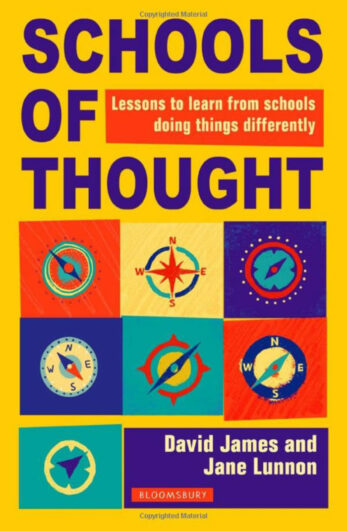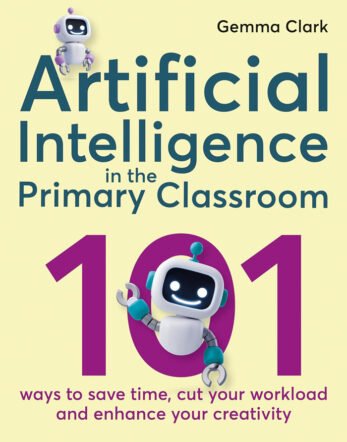Much has been said on social media and educational communities about Doug Lemov and his book, “Teach Like a Champion”, so I approached this new book with interest. Coming from a background in both sports coaching and teaching, I have often found myself torn in discussions about Lemov and the methods of practise advocated for teachers; can effective teaching really be distilled into key elements without losing individualism and creativity? Is it possible to educate to a formula? If so, surely education would be very simple!
However, the track record for reducing achievement gaps of the US Uncommon Schools network, for which Lemov works, cannot be ignored. Neither can the fact that the book is informed by long-term analysis and observations by the authors. For me, this is not a book motivated by ideology but on sharing what the authors have found to be positive practice from their wide-ranging experiences of teaching reading.
I found this a book a little heavy going. It is a valuable read but a bit overwhelming. However, it isn’t meant to be read in one go so I imagine it to be a good go-to handbook if approached module by module and used as an aid to planning processes.
It is based on four core ideas distilled from the US Common Core standards, with chapters dedicated to each of these, followed by “the fundamentals”, which the authors have focused on as “core elements of literacy instruction important in their own right that also offer deep synergy with the core ideas”.
From this framework, chapters are further refined into modules, making it very easy to jump to a specific area you want to focus on, which appealed to my efficient side. As a less experienced teacher, I found the modules had activities with clear, purposeful thinking behind them and although I didn’t see the video clips that accompany the text, I feel they would support it well. Regardless of ideology, the authors have written the book to act as a structure for teachers to work from; as a scaffold to building some understanding of the complexity of literacy instruction.
One of the things I liked about the book is that it values the importance of reading as a facilitator for all other subjects. Although, ultimately, it is about improving achievement, it has been written with a view of how strong grounding in processing skills, criticality and endurance (to name a few) open opportunities for students not just in school with us but throughout life. As the authors put it, “we must prepare students for college and university with intentionality and backwards design” so they offer a rigorous programme to ensure the best possible future for students.
With regards to reading for pleasure – something I feel strongly about – there is no module dedicated to this but an underlying expectation across the book that there is pleasure in the process of reading, irrespective of content. The ability to engage with words at a deep level is the source of motivation and intrinsic reward.
Advocating the power of shared reading in the classroom reminded me of how teachers share books on social media, which offers us the opportunity to compare and discuss interpretations, consider choices and themes and share the experience of engagement.
The theory behind what is needed for strong literacy correlates with known practices such as assessing pupils’ progress and practise, therefore it is possible more experienced teachers – particularly those with a literacy background – will not find the book as useful as I did.
As someone who lacks a strong grounding in this area, I found it very handy. Having felt a bit at sea about things such as guided reading, what constitutes good practice and why with long-term impact, I feel this book offers everything teachers need, both in knowledge and resources to ensure they are providing high quality instruction.
Reading Reconsidered will be published March 30







Your thoughts